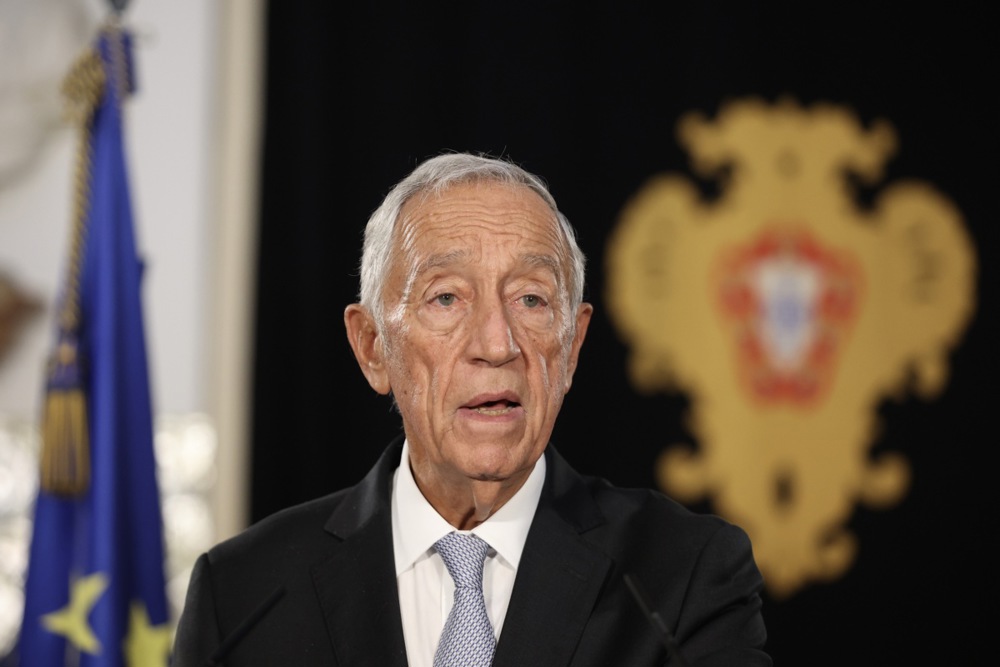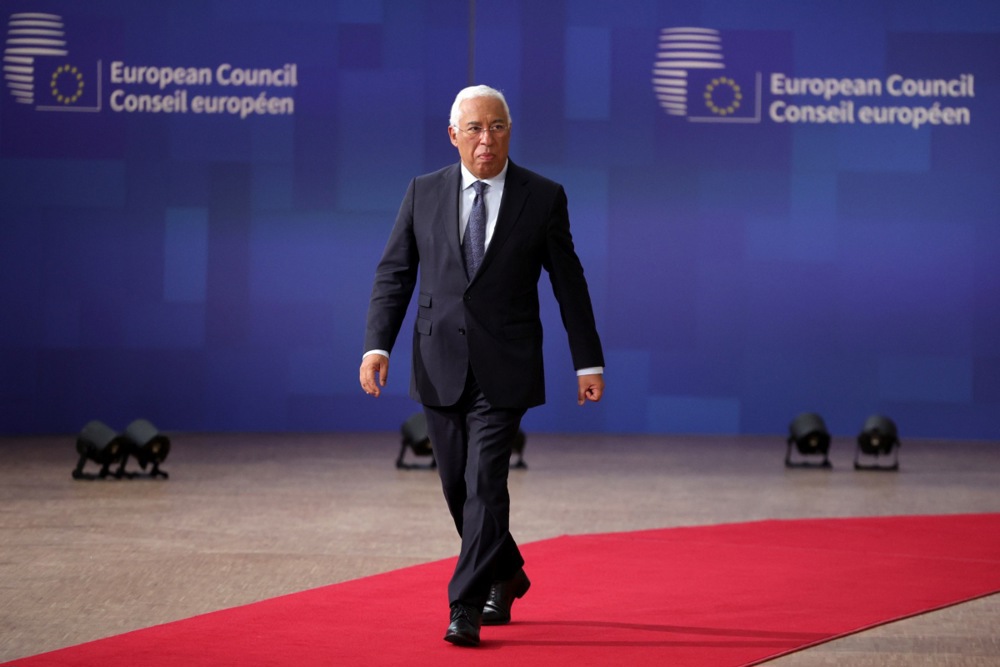The right-wing has emerged as the big winner in Portugal’s latest national elections.
The centre-right Democratic Alliance (AD) became the biggest party in the country, while the populist, nationalistic Chega Party made spectacular gains in the March 10 vote. The Socialist Party took a beating.
The political landscape of Portugal has undergone a monumental shift. The Socialists lost their absolute majority as the right-wing populists benefited.
The hard-right Chega (a member of the Identity and Democracy Group in the European Parliament) quadrupled its result from 2022, growing from 12 to 48 deputies and becoming the third party in the country.
In some constituencies it bettered that, in particular in Faro, where it is now the primary political force.
The results also mean political co-operation might be more difficult. Coalitions will need to be formed to create majorities for the new government – but Luis Montenegro of the AD has repeatedly said he does not want to work with Chega.
“I made a commitment to this during the election campaign and of course I will keep my word,” he said early on March 11.
“Chega has asked to become the centrepiece of the political system and has achieved this goal,” its President André Ventura said, hailing “an absolutely historic result” adding he was “available” to “give Portugal a stable government” with “a strong right-wing majority”.
Two years ago, the Socialists won 120 seats in Parliament, giving them the absolute majority.
A recent corruption scandal, according to some connected to the highest levels of the then-government, caused prime minister António Costa to resign and hold snap elections.
The Socialists had reorganised around the left-wing former minister Pedro Nuno Santos.
“Despite the minimal difference between us and the DA … we didn’t win the elections and we will go into the opposition,” he said following the March 10 results.
He later added that, while his party would not obstruct the formation of a centre-right minority administration, its upcoming budget would be a different matter.
The Socialist Party dropped from 42.5 per cent of the previous vote to 28.7 this time, narrowly falling behind the AD on 29.6 per cent. Chega rose to 18.1 per cent, while all other parties achieved 5 per cent or less.
Seat wise, the AD gained 79 deputies, Socialists 77, Chega 48 and the Liberal Initiative party just 8. Other left-centre parties only managed a lesser handful of seats.
Coalition talks, where parties are required to have more than 116 seats in Parliament, are set to be difficult.
Global credit rating agency DBRS is predicting a new round of elections at the end of this year or early next.
The populist revolt is about to up-end Portugal’s politics. If the traditional parties seek to exclude Chega, they will only turbo-charge the upstart, writes @henryolsenEPPC. https://t.co/VKkwfZBsOz
— Brussels Signal (@brusselssignal) March 4, 2024
Since the restoration of parliamentary democracy in Portugal in 1976, the country has been dominated by either the traditional centre-left or the centre-right party – now its seems it will have to make room for a third.
Migration has become a more important subject, with the number of foreign nationals in Portugal doubling in the past 10 years.
Around 76 per cent of Portugal’s foreign inhabitants come from non-European Union countries. Their unemployment rate is more than double the national average.
In 2022, the country saw the highest number of migrants since records began, mostly young single men.
Portugal, 3,032/3,092 freguesias counted:
AD-EPP|ECR: 30%
PS-S&D: 29%
CH-ID: 18%
IL-RE: 5%
BE-LEFT: 4%
CDU-LEFT|G/EFA: 3%
L-G/EFA: 3%
PAN-G/EFA: 2%
ADN-*: 2%➤ https://t.co/cadjSzG0Zi pic.twitter.com/0HF9TyuDMU
— Europe Elects (@EuropeElects) March 10, 2024





